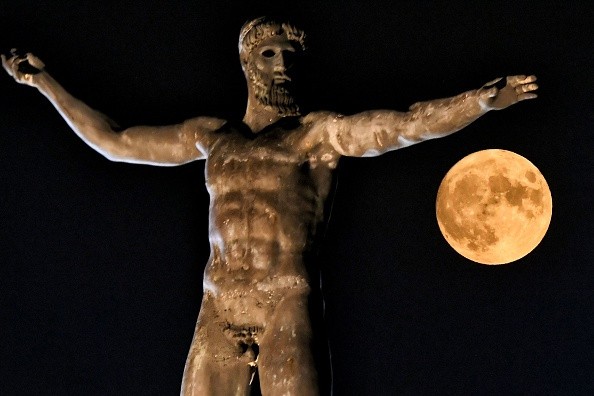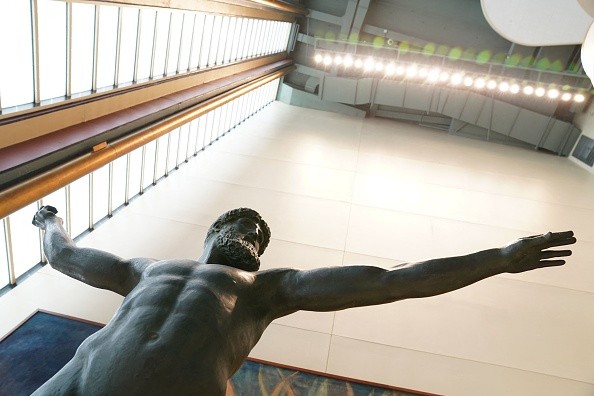Poseidon's long-lost temple may have been found by archaeologists in Greece.
The potential location is reportedly parallel to the writings of an ancient Greek historian thousands of years ago.

The Temple of Poseidon in Greece May Have Been Found by Archaeologists
According to a report by CNET, Archaeologists have found a long-lost temple dedicated to the ancient Greek god Poseidon in southern Greece, or in the region of Samikon, to be more exact.
The news outlet notes that the structure, which is believed to date back to the 5th century BCE, was discovered during excavations in the area.
On top of that, scientists in the location also discovered potential evidence of a settlement in the area. They also found structures that could likely be associated with the long-lost temple of the ancient mythological god of the sea.
ARTnews notes in its recent story that the scientists first identified the remains back in 2021. However, it was only recently that they learned that it could potentially be something more significant than initially thought. It could potentially be the temple of Poseidon.

CNET reports that the excavated location is similar to the description of the late Greek historian and geographer, Strabo.
The Austrian Archaeological Institute archeologist, Birgitta Eder, highlighted that "the location of this uncovered sacred site matches the details provided by Strabo in his writings."
Meanwhile, the Mainz University in Germany announced that researchers have "unearthed the remains of an early temple-like structure that was located within the Poseidon sanctuary site."
The University further added that it could likely be "dedicated to the deity himself."
Undergoing Research Might Takes Years
For now, the further study seeks to provide more information about the history of the site, potentially confirming if it is indeed the long-lost temple of the ancient god.
Art News reports that the researchers from the Austrian Archaeological Institute teamed up with the Ephorate of Antiquities of Elis, Kiel University, and Johannes Gutenberg University Mainz to study the remains.
And as such, it might still take some time before these experts could outright say that this is the lost temple of the Greek god.
CNET says that the investigation could take several years. After all, the structure is quite expansive, spanning around 31 feet or 9.4 meters wide.
So for now, it is too early to actually confirm if this is the long-lost temple of the ancient god. But its similarities to the description in ancient writings suggest that this could be a significant discovery.
Related Article : Archaeologists Find a Previously Unknown Culture in a 2,000-Year-Old Gravesite in Siberia

ⓒ 2025 TECHTIMES.com All rights reserved. Do not reproduce without permission.




